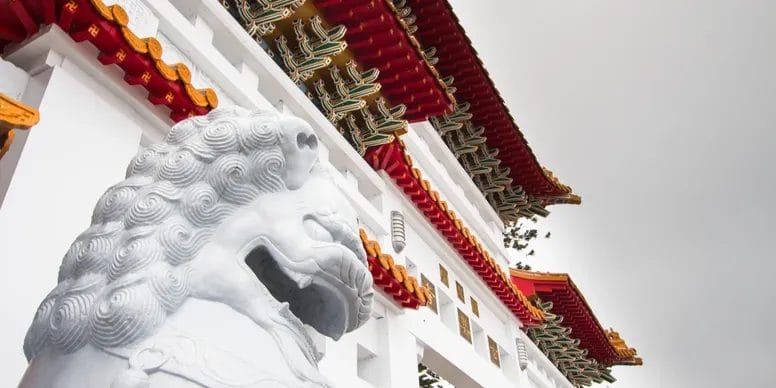
In the long-awaited elections in the Republic of China (Taiwan), the ruling Democratic Progressive Party (DPP) won an unprecedented third term in office. Tsai Ing-wen, the incumbent President of Taiwan, was ineligible to seek re-election after serving two terms. Lai Ching-te, the current vice-President, will become President on May 20th. Lai’s running mate for the vice-Presidency was Hsiao Bi-khim, who is currently Taiwan’s representative to the United States. Lai gathered 40% of the votes, versus 33.5% for Hou Yu-ih from the Kuomintang (KMT), and 26.5% for Ko Wen-je from the Taiwan People’s Party (TPP).
At the legislative level, the results were less clear. Members were elected by parallel voting. 73 members were elected by first-past-the-post, 6 were reserved for indigenous candidates by single non-transferable vote, and 34 were elected via party-list proportional representation. The KMT won the largest number of seats (52), 14 more than in 2020, versus 51 for the DPP (down 11 seats from 2020) and 8 for the TPP (up 3 additional seats from 2020). No party has reached the 57 seats needed for a majority, so the DPP will be forced to either form a minority government and make compromises with the other two parties in parliament, or else to create a coalition with the TPP.
As we discussed in our preview, the most relevant issue at stake was Taiwan’s relationship with China. China would have preferred a victory by the KMT, which is perceived as the party that pushes for the closer relationship with the “motherland” (somewhat surprisingly, considering that the Republic of China was formed in Formosa by Mao’s fiercest opposed, Chiang Kai-Shek, founder of and for decades the leader of the KMT). The incumber president Tsai Ing-wen has been a staunch defender of Taiwan’s autonomy and self-determination rights.
For that reason, Chinese representatives said the result “shows that the DPP does not represent majority public opinion on the island,” given the lack of a majority for the DPP both at the presidential and parliamentary level. Additionally, the Taiwan Affairs Office, the Chinese government department that implements the Taiwan policy, said that both sides should “promote the great cause of the reunification of the motherland.” Just before the election, in his year-end speech, Chinese President Xi said that “the reunification of the motherland is a historical inevitability,” and that “China will surely be reunified,” to put pressure on the Taiwanese electorate.
What’s going to happen now? The fact that Lai won’t have a parliamentary majority means that any major re-armament plan will need to be agreed upon with other political parties, making any such plan less likely. China will not have any incentive to pursue aggressive moves (which we have always considered a tail risk event), but rather will continue with its strategy of destabilisation, which it is likely to intensify in coming months and years.
Overall, this result keeps the status quo relatively intact. Given the alternative, this should be considered a positive outcome at this stage.